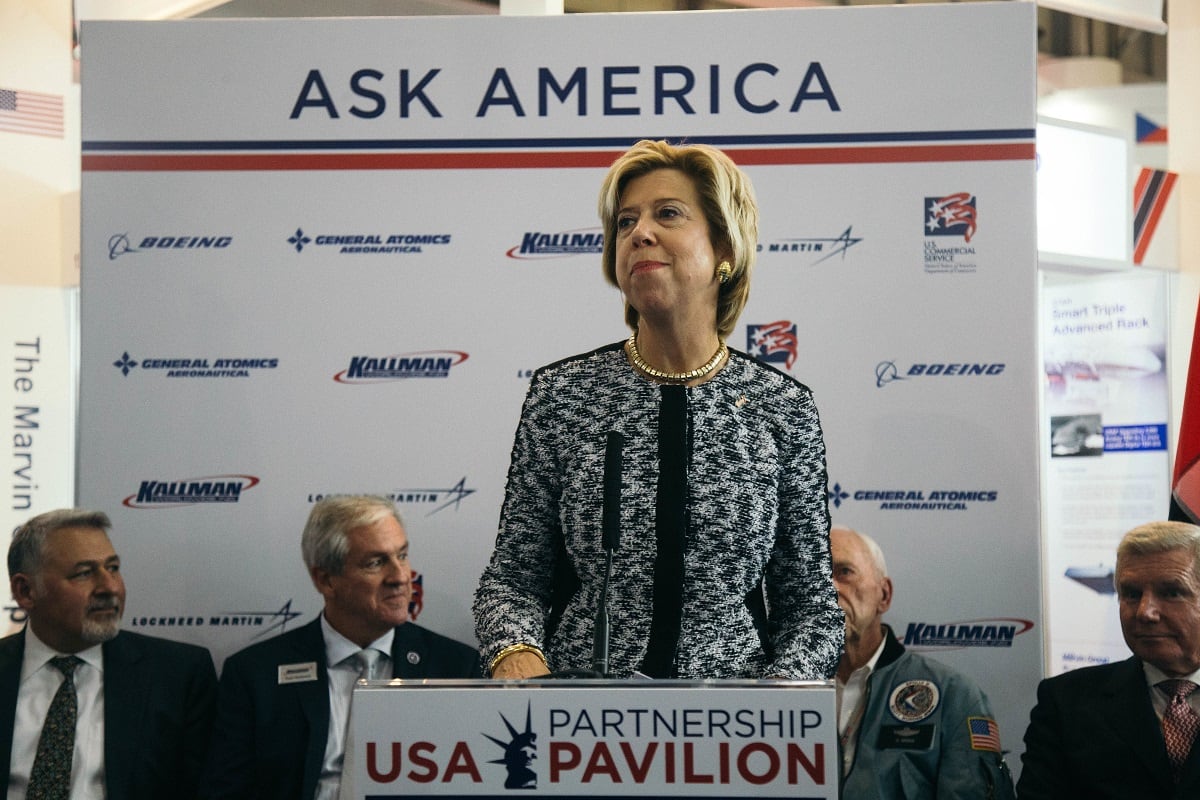WASHINGTON – Following a wave of criticism from the defense industry and members of Congress, the Pentagon on Monday backed off proposed changes to how companies receive cash flow on their contracts.
In a statement released at the unusual time of 7:19 PM, Deputy Secretary of Defense Patrick Shanahan said the decision to withdraw the proposed acquisition changes stemmed from a lack of “coordination” inside the department.
“Recently, proposed amendments to the Defense Federal Acquisition Regulation Supplement (DFARS) were prematurely released, absent full coordination,” Shanahan’s statement read. “As a result, the Department will rescind the proposed amendments. In coordination with industry, the Department will create a revised rule to implement section 831 of the FY2017 NDAA.”
"The department will continue to partner closely with Congress and industry to examine all reform opportunities, ensuring we provide the best value to taxpayers and critical capabilities to military personnel who defend this great Nation,” Shanahan said.
Unsaid in the statement: that since word of the proposed changes got out, the defense industry has been loud and unanimous in its opposition, and has enlisted its supporters on the Hill to help fight against the plan, put forth by Undersecretary of Defense for Acquisition and Sustainment Ellen Lord.
RELATED

As part of a broader set of changes to the acquisition rules, Lord hoped to change how companies receive their cash flow based on performance measurements, to act as an incentive for good behavior.
In a Sept. 5 interview with Defense News, she laid out the rationale, saying “I believe the lifeblood of most industry is cash flow, so what we will do is regulate the percentage of payments or the amount of profit that can be achieved through what type of performance they demonstrate by the numbers.”
However, three major trade groups — The National Defense Industrial Association, Professional Services Council and the Aerospace Industries Association — objected to the proposal, which would slash the payments on work to be performed from 80 percent to 50 percent, with incremental increases for maintaining quality or on-time delivery — and decreases for companies that have committed fraud.
Rep. Mac Thornberry, R-Texas, and Sen. Jim Inhofe, R-Okla., the chairs of the House and Senate Armed Services Committees, sent a Sept. 21 letter to Shanahan calling the proposal “fundamentally flawed" and asking that it be rescinded and revisited.
“We should not make it harder to do business with the Department of Defense than it is to do business with other parts of government — and that’s exactly what this regulation does,” Thornberry told reporters last Tuesday. “We try to streamline acquisition, we try to make it easier to do business with these small companies; and then something like this comes out.”
The Pentagon had hoped to implement the rule changes by the end of the year and had planned to hold a public meeting on Oct. 10, before the public comment period ended on Oct. 23. Whether that event will still happen is unclear.
Aaron Mehta was deputy editor and senior Pentagon correspondent for Defense News, covering policy, strategy and acquisition at the highest levels of the Defense Department and its international partners.
Joe Gould was the senior Pentagon reporter for Defense News, covering the intersection of national security policy, politics and the defense industry. He had previously served as Congress reporter.






